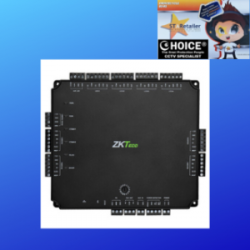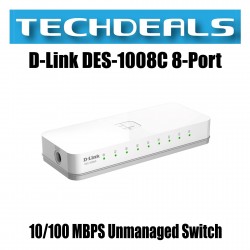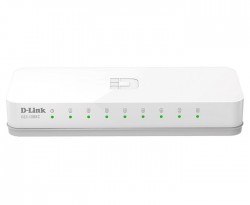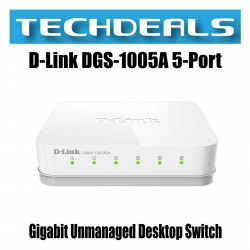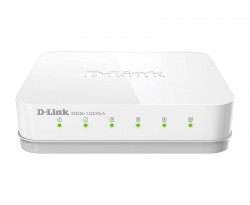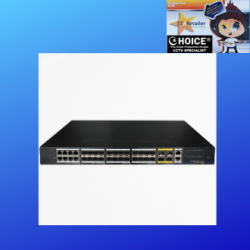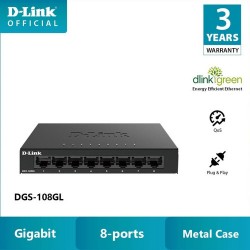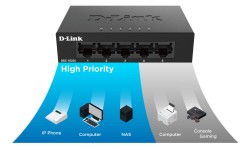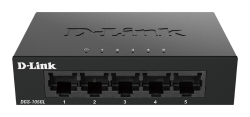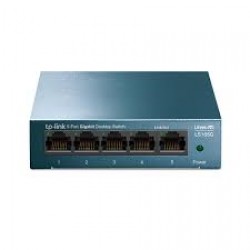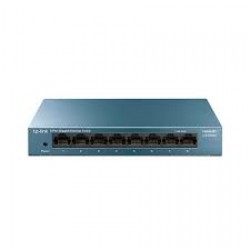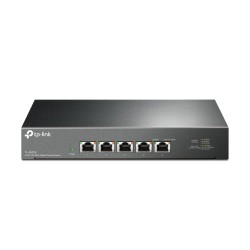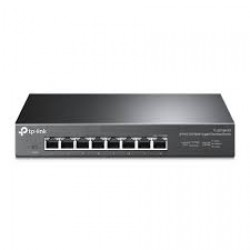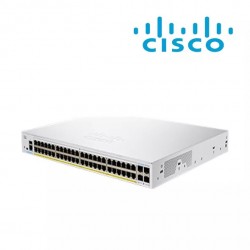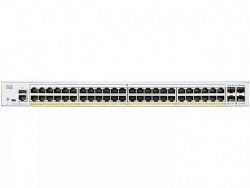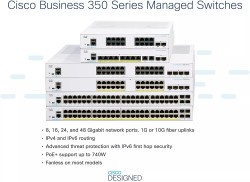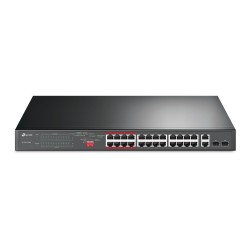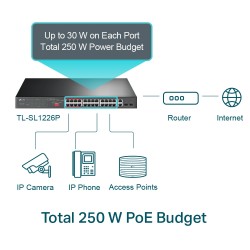ZKTeco Access Control Panel Atlas-400 Door Controller Box
Availability: In Stock
$591
ZKTeco Access Control Panel Atlas-400 Door Controller BoxZKTeco Access Control Panel Atlas-400 : State-of-the-art door access control panels with built-in Web Application to eliminate the need for management software.Advanced Access Control Features - No software neededDoor Control - User programmable auxiliary relays can be used to control lights, alarms, annunciators, intrusion detection panels, additional locking devicesCapacity - 1 Primary panel can support up to 20 Secondary panels. Maximum 84 doors can be supported when sing all 21 panels.Choice of Readers - Atlas Series supports ZKTeco KR Series & any 3d party readers which communicate with Wiegand or OSDP communication protocolsCommunication - Atlas Series panels communicate securely over wired & wireless TCP/IP networks using SSL/TLSMobile App - Numerous convenient features include: remotely unlocking doors, universal lockdown & recoveryPower - Atlas Series uses 12V DC 3A power supply and PoELowest Total Cost of Ownership - Atlas Series panels come in several models to suit different project needs and reduces the cost of unused capacityNumber of Doors ControlledFour DoorsNumber of Readers Supported8 (Wiegand or OSDP Readers)Types of Readers SupportedZKTeco KR Series readers and 3rd party 125kHz & 13.56MHz Wiegand, OSDP and RS-485 readersNumber of Inputs9 (4 Exit Button, 4 Door Sensor, 1 Aux)Number of Outputs5 (4 Form C relay for lock and 1 Form C relay for Aux output)User Capacity5,000Events Database Capacity10,000 transactions plus unlimited archive downloadsWeight4kg (10 lbs)CommunicationTCP/IP, Wi-Fi, Wiegand, OSDPBrowsers SupportedChrome, Firefox, EdgeEnclosurePowder Coated AluminumMountingWall MountRecommended Power Supply12V DC, 3A (PoE)Dimensions (Bundle Only)14in. x 2.5in. x 12in.380mm (L) x 80mm (W) x 280mm (H)Dimensions (Board Only)7.75in. x 6.73in. (197mm x 171mm) 1. Collection from SGCCTV Choicecycle Sim Lim Square CCTV SPECIALIST #02-81 11am~8pm. Whatsapp 90254466 for stock level before visit.2. Payment by PayNow 201207820G (Please print screen and whatsapp to 90254466) & Paylah QR code will receive Free Gift Warning Stickers worth $20.00 (1pc per client order)3. Please add $18.00 for delivery - 3~5 days, no further discount as Price guarantee lowest.4. Can issue e-Invoice for your accounting. (upon request) ZKTeco Access Control Panel Atlas-400
- New
- Out Of Stock
D-Link DES-1008C 8-Port 10/100 MBPS Unmanaged Switch
Availability: Out Of Stock
$22
8-Port 10/100 Mbps Unmanaged SwitchUnmanaged 10/100 Mbps switch for SOHO and small and medium businesses.8 high-speed Fast Ethernet portsInnovative D-Link Green energy saving featuresCompact design for convenient placementFanless design for silent operationIMPORTANT NOTE:-Please chat with us first to confirm availability of stock before placing the order.Please check your delivery address and phone number are correct.Thank you
- New
- Out Of Stock
D-Link DGS-1005A 5-Port Gigabit Unmanaged Desktop Switch
Availability: Out Of Stock
$29
5-Port Gigabit Unmanaged Desktop SwitchFast and Reliable NetworkingThe D-Link 5-Port Gigabit Unmanaged Desktop Switch creates a blazing fast network for your office, as its Gigabit Ethernet ports provide high-speed wired connections for up to five PCs or other devices. The DGS-1005A also features QoS, which prioritizes network traffic so that time-sensitive data is delivered efficiently, even during bursts of high data traffic. 5 high-speed Gigabit portsCompact design for convenient placementFanless design for silent operationInnovative D-Link Green energy saving featuresIMPORTANT NOTE:-Please chat with us first to confirm availability of stock before placing the order.Please check your delivery address and phone number are correct.Thank you
- New
24PortsGigabitSFP(10G SFP uplink)Managed SwitchUTP7624GS-L3
Availability: In Stock
$1,371.50
24 Ports Gigabit SFP(10G SFP uplink) Managed Switch UTP7624GS-L3UTP7624GS-L3 is 24+4 Ports full Gigabit layer 2 managed modular Ethernet switch. 1-24 downlink ports support Ethernet or optical fiber ports optional (8 ports Gigabit Ethernet & 8 ports Gigabit SFP modules). It is widely used in security surveillance, network engineering projects and so on.UTP7624GS-L324*1000 Base-X SFP(Mini-GBIC)8* 10/100/1000Base-T RJ45(Auto-MDI/MDI-X) combo4*1000/10G Base-X SFP+OOB ortDefault IP:192.168.1.200 name:admin password:adminShort press restartStandard and ProtocolsSwitching CapacityPacket Forwarding RateForwarding ModesPacket BufferMAC Address TableJumbo FrameSurge ImmunityESD Immunity8KV Air dischargePower ModuleSupport redundant duplex power module(1 module inside default,another module bought extra)60W-10-50℃-40-85℃5%-95%(non-condensing)()WeightCertificationSoftware FeaturesSupport port enabling and disablingSupport port full-duplex modeSupport Jumbo FrameVLANSupport 802.1Q VLAN protocolSupport GVRP dynamic VLAN registrationQoSSupport QoS base on DSCPQueue scheduling: SP, WRR, SP+WRRMulti-brocastSupport IGMP SnoopingSecurity FeatureSupport MAC address auto-learning, aging and filtrationSupport STP \ RSTP \MSTPFast-RingSupport LLDP ,Smart-Link ,DLDPACLSupport time-range managementWeb-based GUI and CLI managementSupport traffic statisticsSupport IP address, DNS server modificationsSupport for history, log managementSupport to recover the default factory settings on rebootSupport IPV4 static route setupSupport OSPF V1/V2Support static NDAdd,delete,burn-in time sutup/checkSupport group-brocasting PIM,IGMP V1/V2/V3,MLD(IPV4)Support relay repeater,DHCP snooping
- New
Gigabit PoE Surge Protector USP201GE-POE
Availability: In Stock
$6
CCTV Camera Gigabit PoE Surge Protector USP201GE-POE Surge Protection Surge Protective SPD CCTV Camera Lighting Protector Security Camera Repair Singapore CHOICECYCLE CCTV offer the best CCTV Camera Gigabit PoE Surge Protector USP201GE-POE Surge Protection Surge Protective SPD CCTV Camera Lighting Protector Security Camera Repair SingaporeThe surge protector is designed for gigabit network PoE signal lightning protection, which can provide network and power lightning protection for other devices.The device performs an excellent surge protection for data and power protection of IP camera by providing over-voltage protections, to prevent damage caused by induction over-voltage, operating over-voltage and electrostatic discharge. It has the advantages of multi-level protection, large current capacity, low limit voltage, fast response time, and small insertion loss. It can be widely used in security video surveillance, environmental monitoring field and so on.• Support PoE and PoE+ (End-span and Mid-span).• Support multi-function multi-level over voltage protection, with large current capacity, low limit voltage, fast response time, small insertion loss.• Grounding mode: the extension cord is directly connected to ground.• Aluminum shell design, compact size and convenient installation.DescriptionWorking voltage(Un)Nominal discharge current(In)Maximum discharge current(Imax)Protection level(Up)Response TimeInsertion lossConnectorProtection circuitPower48V3KA5KA200V1/2 3/6 4/5 7/8Working temperature℃~℃-4075Humidity (non-condensing)Mechanical100g100mm×37mm×27mmAluminumCCTV Camera Gigabit PoE Surge Protector USP201GE-POE Surge Protection Surge Protective SPD CCTV Camera Lighting Protector Security Camera Repair Singapore1. Collection from SGCCTV Choicecycle Sim Lim Square CCTV SPECIALIST #02-81 11am~8pm. Whatsapp 90254466 for stock level before visit.Tips for Optimal Installation of CCTV Camera Surge Protection Devices:1. Placement and ConnectionInstall Close to the Camera or DVR/NVR: Place the surge protector as near as possible to the device you aim to protect (e.g., CCTV camera, DVR, or NVR).Secure Grounding: Ensure the surge protector is properly grounded. Without proper grounding, the device cannot safely redirect excess energy.2. Compatibility CheckMatch Connector Types: Ensure the surge protector is compatible with your camera system (e.g., BNC for analog, LAN for IP cameras).Verify Voltage Ratings: The surge protector should support the voltage range of your CCTV power supply.3. Cabling Best PracticesAvoid Long Cables: Minimize cable lengths to reduce the risk of power surges traveling through wires.Shielded Cables: Use shielded cables for improved protection in areas prone to electromagnetic interference (EMI).4. Environmental ConsiderationsIndoor vs. Outdoor Use: Use surge protectors rated for outdoor use if installed externally. Ensure they are weather-resistant if exposed to elements.Avoid High-Risk Zones: Avoid placing devices near high-voltage equipment or areas prone to frequent power fluctuations.5. Proper Grounding PracticesGround Wires: Use high-quality, short ground wires to reduce resistance and improve efficiency.Single Ground Point: Ensure all equipment is connected to a single grounding point to prevent potential differences that may cause additional surges.6. MaintenancePeriodic Inspections: Regularly check connections and grounding for wear and tear or corrosion.Replace Damaged Units: Replace surge protectors showing signs of wear or damage.7. Installation TechniquesFollow Manufacturer’s Guidelines: Adhere to the product manual for specific installation instructions.Tight Connections: Ensure all connectors are securely fastened to avoid loose connections that may compromise surge protection.8. Backup MeasuresUse with UPS: Combine the surge protector with an Uninterruptible Power Supply (UPS) to ensure continuous operation during outages.Multiple Layers of Protection: For high-risk areas, consider a layered approach with a main surge protector at the power source and secondary protectors near cameras and DVR/NVR units.
- New
TP-LINK LS105G LiteWave 5-Port Gigabit Desktop Switch, 5 Gi
Availability: In Stock
$26
LiteWave 5-Port Gigabit Desktop Switch, 5 Gigabit RJ45 Ports, Desktop Steel Case
- New
TP-LINK LS108G LiteWave 8-Port Gigabit Desktop Switch, 5 Gi
Availability: In Stock
$33
LiteWave 8-Port Gigabit Desktop Switch, 5 Gigabit RJ45 Ports, Desktop Steel Case
- New
TRANSCEND TL-SX1008 8-Port 10G Multi-Gigabit Switch
Availability: In Stock
$335
8-Port 10G Multi-Gigabit Switch
- New
TRANSCEND TL-SX105 5-Port 10G Multi-Gigabit Desktop Switch
Availability: In Stock
$273
5-Port 10G Multi-Gigabit Desktop Switch
- New
TRANSCEND TL-SG108-M2 8-Port 2.5G Multi-Gigabit Desktop Swit
Availability: In Stock
$144
8-Port 2.5G Multi-Gigabit Desktop Switch
- New
TRANSCEND TL-SG105-M2 5-Port 2.5G Multi-Gigabit Desktop Swit
Availability: In Stock
$87
5-Port 2.5G Multi-Gigabit Desktop Switch
- New
- Out Of Stock
- Out Of Stock



